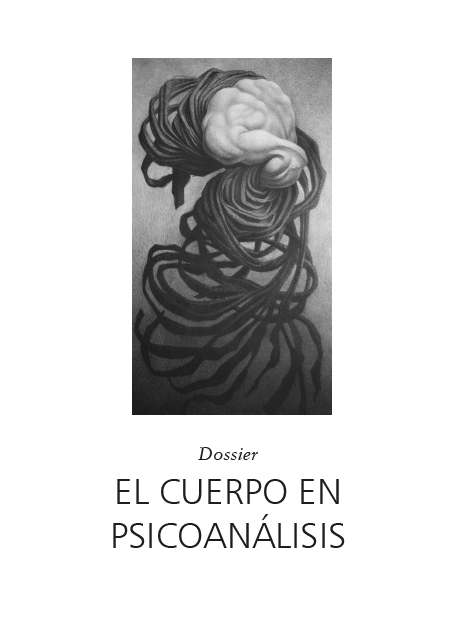The concept of flesh in the first theology and the «speaking body»
DOI:
https://doi.org/10.35305/rpu.v0i2.19Keywords:
Flesh, spirit, body, signifier, wordAbstract
The text proposes, on the condition of contextualizing and re-reading historically the significant flesh of the Judeo-Christian tradition, that the margin “beyond life” that Lacan places between body and signifier in 1960 refers to a place analogous to that occupied by so much semantics as syntactically, the signifiers Latin expensive and Greek σαρζ, which translate the Hebrew ba-sar (flesh). By historical retroaction, and giving precedence to the letter on the sense, it would be seen that the first theological texts place this signifier in a place of “béance”, or at least of unsustainable contradiction, where nothing representable or thinkable can produce a synthesis. Interrupting the soul / body platonic dualism, the flesh of Christianity, which is neither body nor soul, disorganizes duality, opening up a ternary body / flesh / spirit system, a conceptual referent that probably feeds Lacan’s last teaching and where the «meat» responds to a Real.
Downloads








 Esta obra está bajo una
Esta obra está bajo una 





